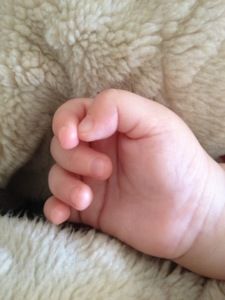News
Government looking into easing ban on double fertility donation
This article is more than 9 years old.
Change in legislation would benefit three groups majorly impacted by current set-up

People need a hand (photo: Pixabay)
Parliament is looking into making it easier for singles, lesbian couples and couples struggling to conceive to receive fertility treatment in which both eggs and semen come from foreign donors.
Health spokespeople all the parties in Parliament have decided to ask the Ethical Council to make a statement regarding the possibility of easing the ban on double donation.
“We see today that many people can easily travel abroad and get treatment with both eggs and sperm cells,” Flemming Møller Mortensen, the spokesperson concerning health issues for Socialdemokratiet, said according to Berlingske newspaper.
“We need to take that into consideration when evaluating a possible law change in Denmark.”
READ MORE: Payments to women who donate their eggs to surge in Denmark
Three groups affected
As it currently stands, legislation stipulates that a child must be genetically linked to at least one of its parents – meaning that children must be comprised of either their mother’s egg or their father’s sperm.
This has had a significant impact on three groups: heterosexual couples who don’t have usable gametes (sex cells), single women who can’t produce a fertilisable egg, and lesbian couples when the designated birth mother cannot conceive.
In Denmark about 33 percent of all frozen fertilized eggs are not used for assisted reproduction and therefore destroyed or used for research.






































